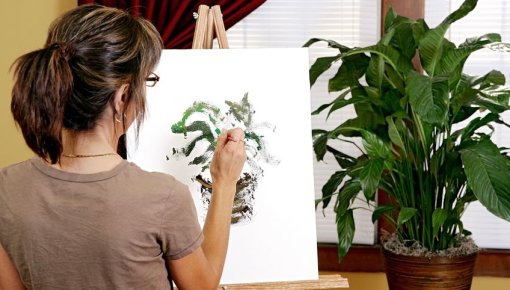At first I was very scatterbrained and restless
At first, when I wasn’t taking any medication, it was really bad. I was very scatterbrained and restless. I forgot a lot of appointments. I’m generally much calmer now that I’m on medication. If I were to stop taking the tablets and stop exercising, I’m pretty sure it would be difficult for people to be around me because I can get aggressive sometimes.
I can tell when the effect of the medication starts to wear off. Then I find it harder to concentrate. And I’ve noticed that the effect of my medication wears off more quickly if I do something where I have to really concentrate. I suppose it’s a bit like when gas is used up more quickly if you drive faster. My dose of medication has gradually been increased. It can be increased a few more times, but not many more after that. That would be the highest possible dose.

